Can you use cardboard to get rid of weeds? Yes, but this is what gardening experts want you to know first
How to kill garden weeds with nothing but leftover cardboard

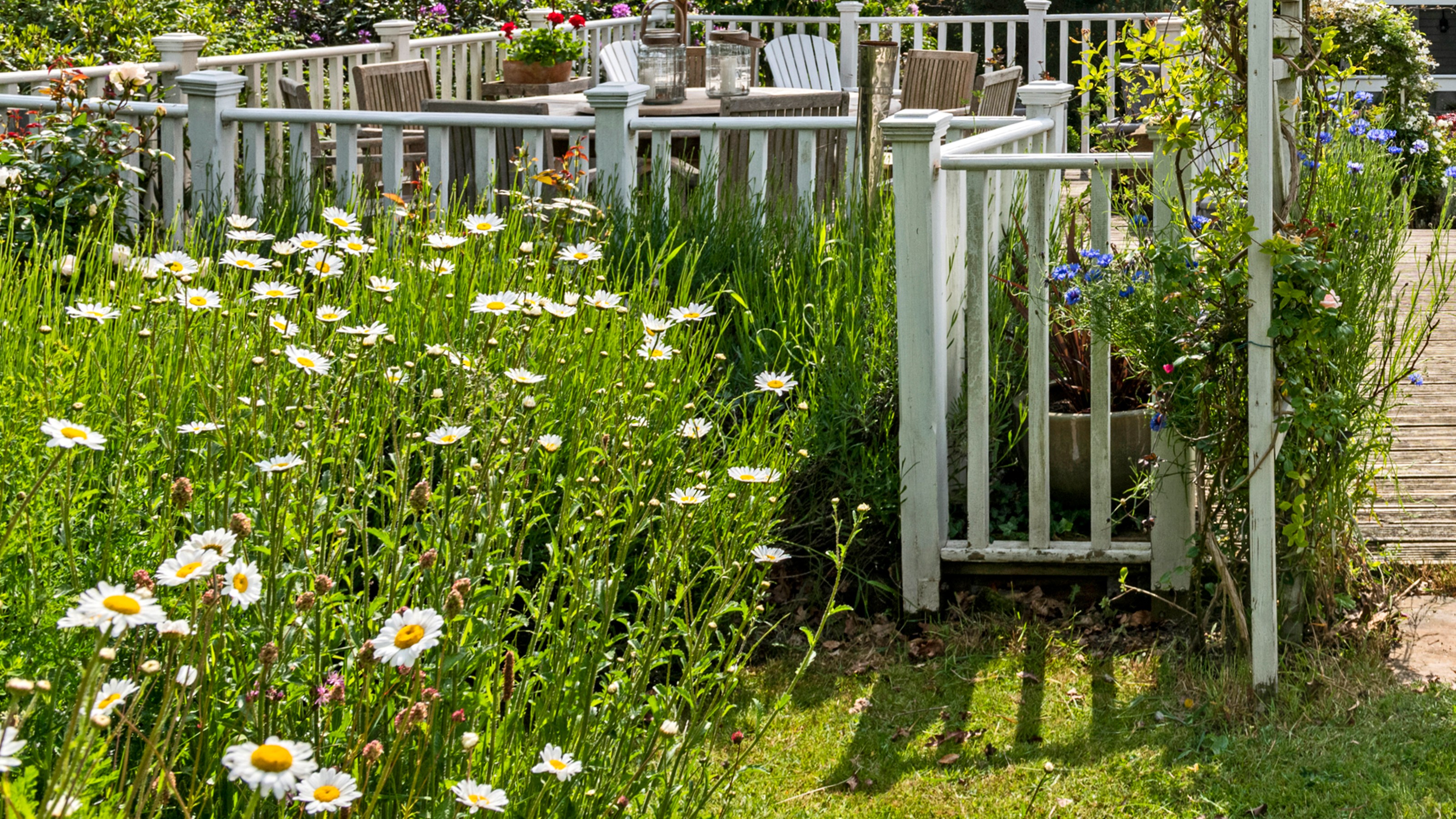
Sign up to our newsletter for style inspiration, real homes, project and garden advice and shopping know-how
You are now subscribed
Your newsletter sign-up was successful
Weeds are the bane of every gardener’s existence. This is why there are countless hacks for how to get rid of them without the intense manual labour of removing them by hand. One of those hacks is using cardboard to kill weeds. But is this something experts would recommend?
While it might not be the best way to solve how to kill weeds, it’s certainly an effective one. Especially if you don’t want to get any chemical substances involved, like when killing weeds with bleach or specially formulated weed killer.
Below, our gardening experts get into the pros and cons of using cardboard to get rid of weeds so that you can make up your own mind about whether this is the best method for you and your garden.
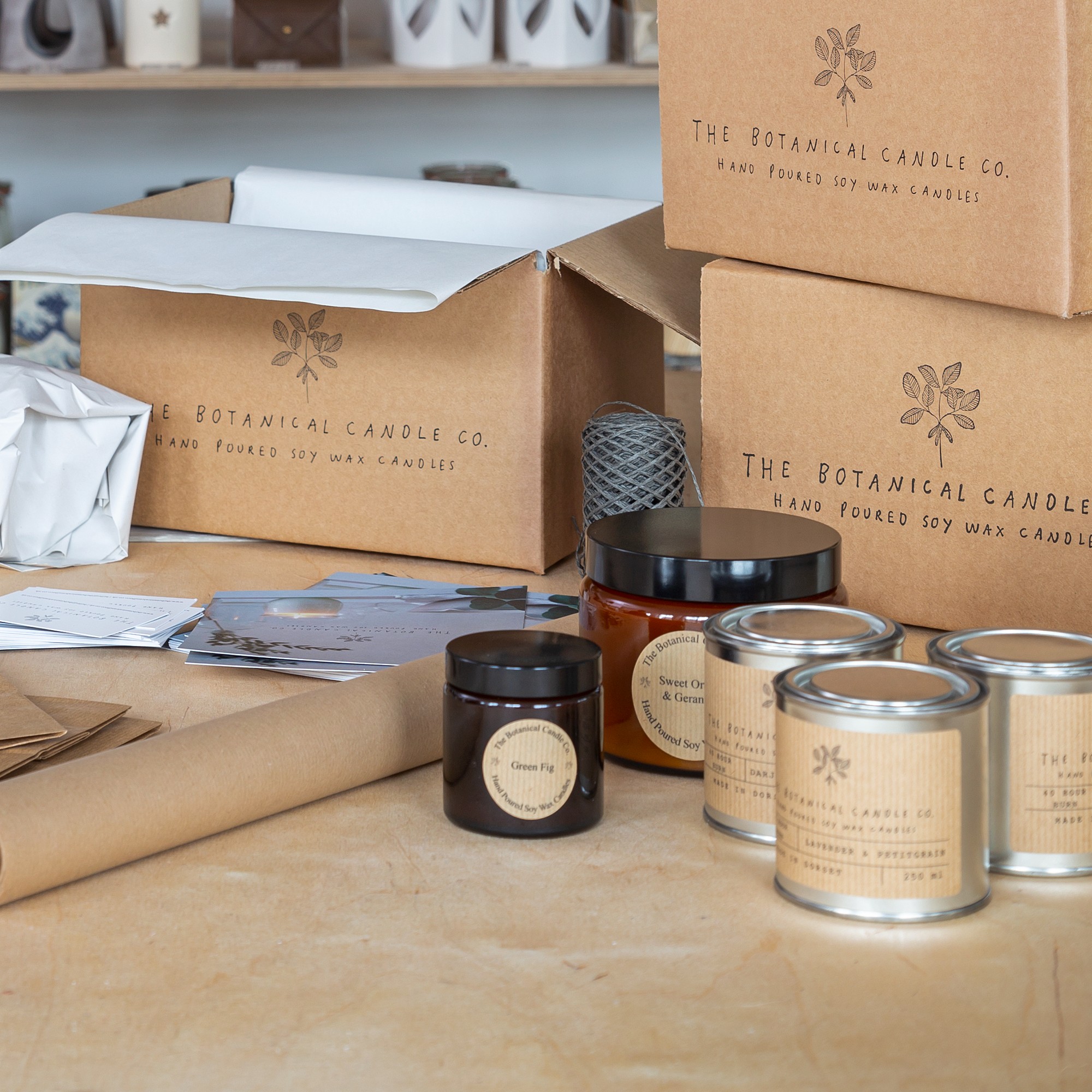
Using cardboard to kill weeds
Whether you’re looking for a way to remove weeds from a patio or the garden, there are several products and techniques you can employ. But cardboard specifically can be used only in the garden, in your flower beds or the vegetable patch, rather than a patio.
‘Some gardeners choose to use cardboard as a cheap and easy method to suppress weeds,’ says Jamie Shipley, gardening expert and managing director at Hedges Direct. ‘By laying flattened cardboard boxes on your soil around your plants and then covering them with mulch, weeds won’t be able to access the sunlight they need to establish.’
And similarly to Monty Don’s garden compost tip, the benefits of using cardboard as a weed suppressor (rather than killer) are the material’s biodegradable properties.
‘Using cardboard as a weed barrier works great in a garden because it won't only smother them but it'll also decompose into the soil, which will benefit your composting and fertilising efforts,’ says Petar Ivanov, Fantastic Gardeners' gardening expert.
Sign up to our newsletter for style inspiration, real homes, project and garden advice and shopping know-how

Petar Ivanov is one of the company's top-performing experts and manages over six teams of gardeners, delivering stunning landscape results and fostering a deep connection with nature through his work.
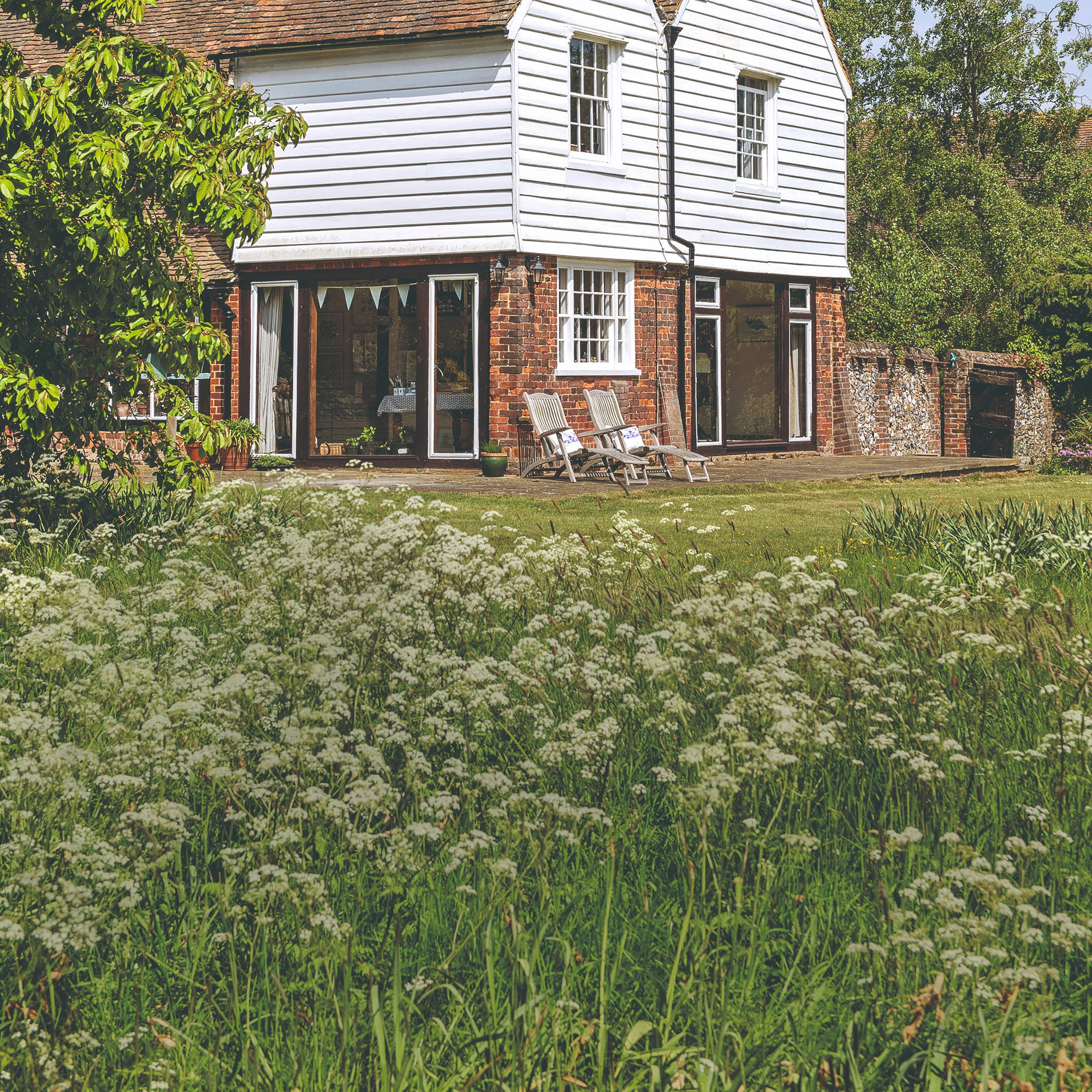
The downsides of using cardboard to suppress weeds
Similarly to killing weeds with salt, there are some potential negatives that come with using cardboard to kill weeds.
‘You should bear in mind that the cardboard may also limit the amount of oxygen and moisture that reaches the soil - especially if you use multiple layers - which could be detrimental to your plants and the insects that are vital to your garden’s healthy growth,’ Jamie says.
The other thing to consider is the potential not so aesthetically pleasing look the disintegrating cardboard could bring to your garden borders. ‘The disintegrating cardboard could also cause an eyesore in your garden and once the barrier starts to break down there will be nothing stopping weeds from growing,’ Jamie warns.
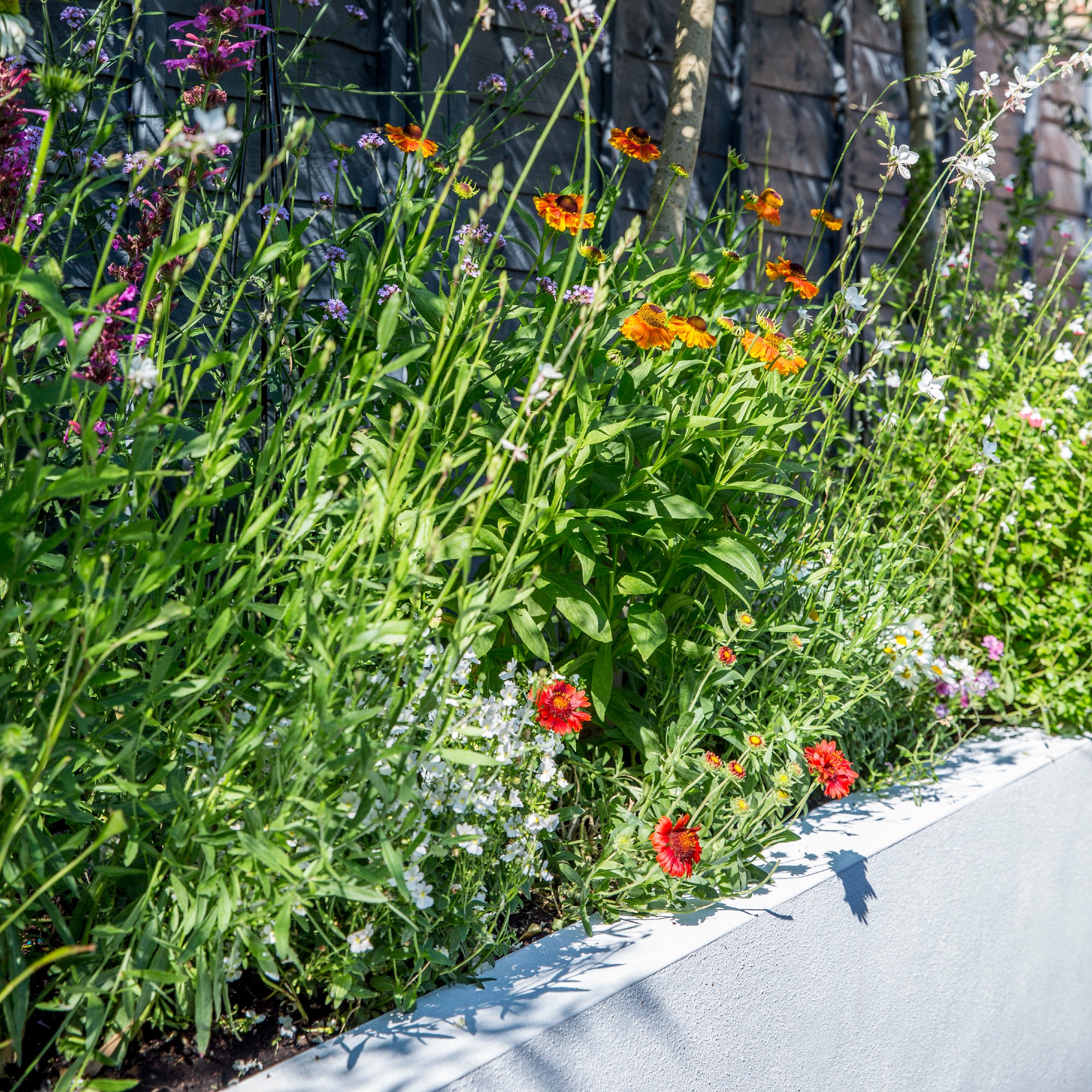
What to use instead
Instead, Jamie recommends opting for other methods. ‘I actually believe the most ecologically-friendly approach is to simply to remove weeds out by hand and put them in the green waste bin. Once weeded you can put a mulch or bark chippings down which helps retain the moisture and nutrients in the soil but also keeps light out which helps to suppress future weed growth.’
Or if you want to up the ante, then you can use a concoction with white vinegar to kill your garden weeds. ‘Deep-rooted and persistent weeds can be difficult to kill, so that's when you'll need to resort to a weed killer. Instead of using a chemical weed killer, there are some more natural remedies to try. Lemon, vinegar or rock salt can be used to dry weeds out and kill them through dehydration,’ Jamie concludes.
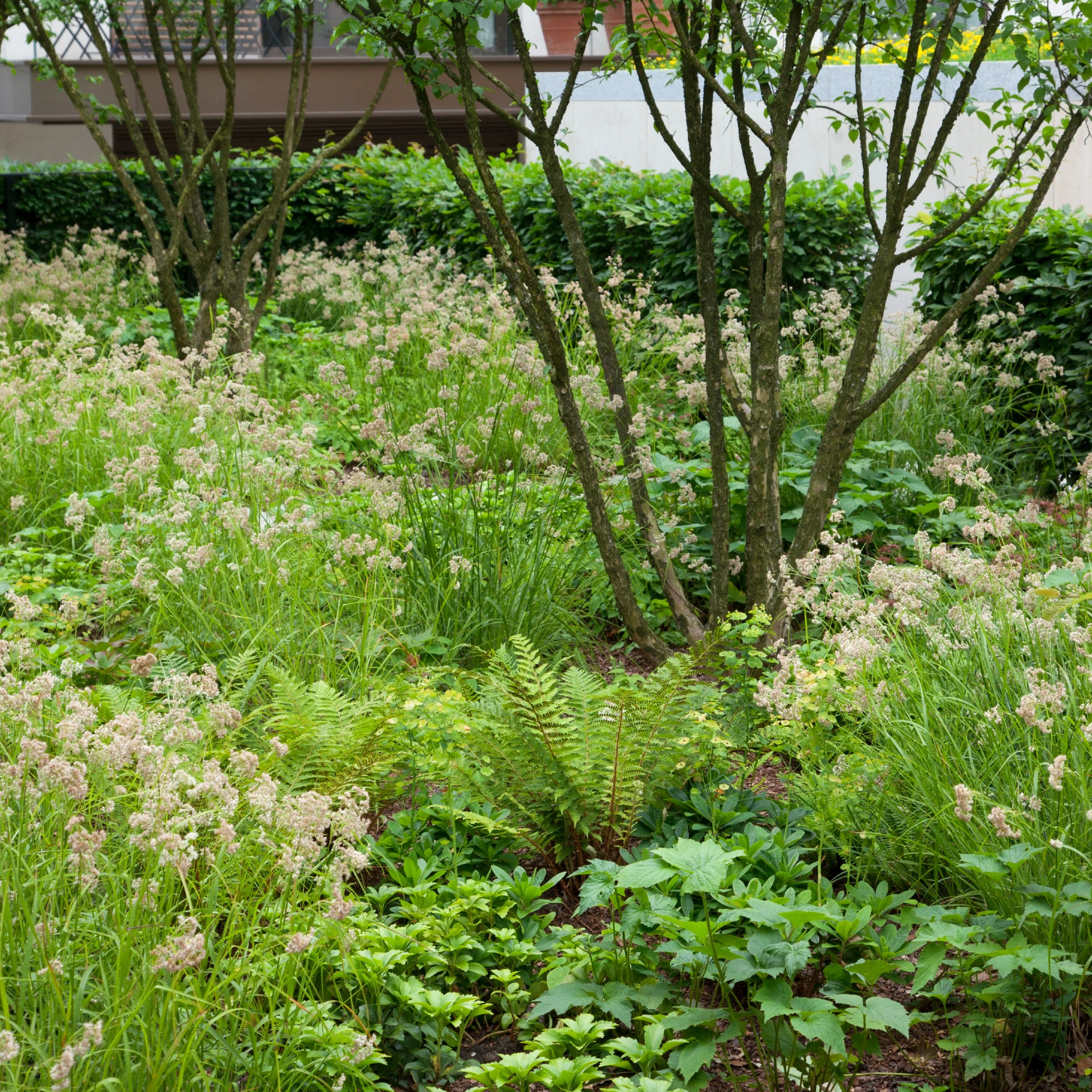
FAQs
Can cardboard in the garden attract pests?
‘Cardboard is a material that's susceptible to moisture and humidity, which are always present in the garden and, because of that, it can potentially attract many different types of insects,’ Petar warns.
But those are not the only pests that can be attracted by disintegrating cardboard.
‘The moist, rotting cardboard could attract pests - especially if you choose to saturate it with water before layering the mulch on top to trap the moisture in. Mice and other rodents also like to chew cardboard up to use as a nesting material,’ Jamie says.
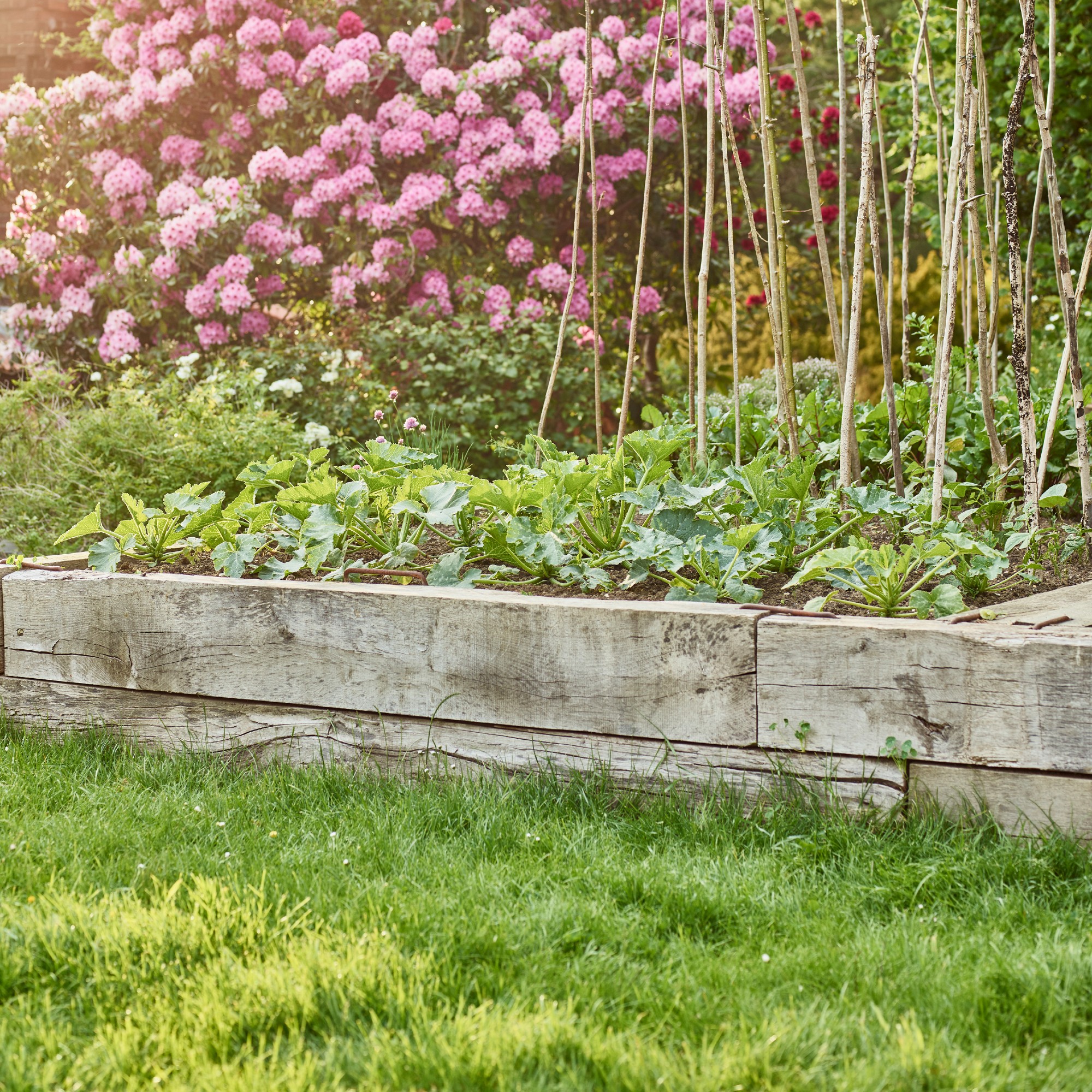
Is cardboard safe to use in garden?
Cardboard is safe to use in the garden as long as you opt for what’s known as clean cardboard without any treatments.
‘It's important to use only uncoated and unpainted brown boxes, also known as clean cardboard, because this material is made from wood pulp held together with natural plant-based starch. This kind of cardboard won't leave any damaging substances in your soil and will break down naturally over a couple of months,’ Petar explains.
And this is all you need to know about using cardboard to kill garden weeds.

Sara Hesikova has been a Content Editor at Ideal Home since June 2024, starting at the title as a News Writer in July 2023. She is now also the Ideal Home Certified Expert in Training on Furniture, and so far has tested over 150 different sofas.
Graduating from London College of Fashion with a bachelor’s degree in fashion journalism in 2016, she got her start in niche fashion and lifestyle magazines like Glass and Alvar as a writer and editor before making the leap into interiors, working with the likes of 91 Magazine and copywriting for luxury bed linen brand Yves Delorme among others.